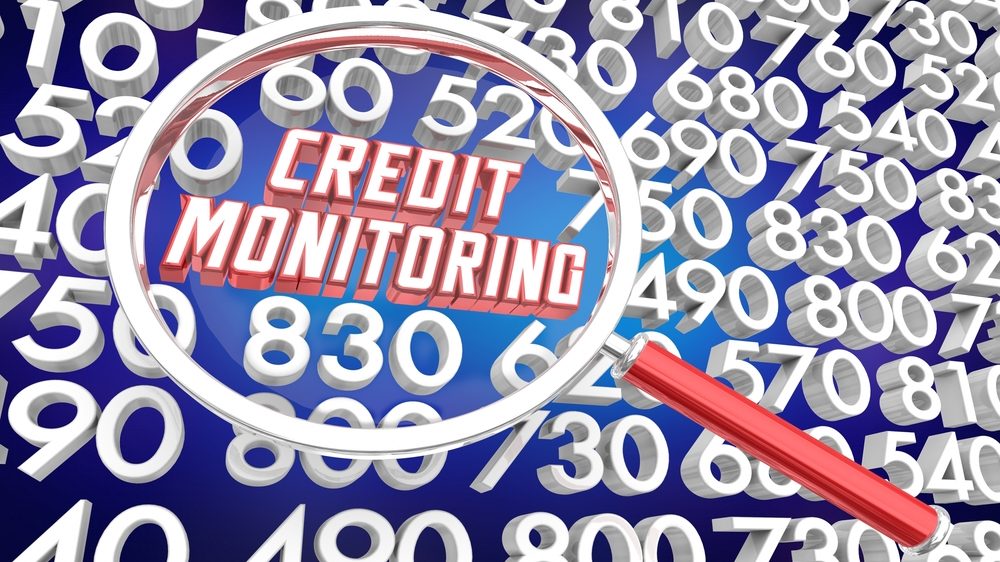Everyone makes mistakes, but the consequences can be particularly damaging when it comes to financial mistakes.
Whether you have gone into debt from reckless spending or have simply been hit with an unexpected expense, getting back on track with your finances can seem daunting.
In this blog post, we will explore some helpful tips for recovering from common money mistakes and getting your budget and savings back on track.
Common Types Of Financial Mistakes

The types of most common financial mistakes people can make are nearly endless. Here are some of the most common ones:
Not Budgeting Properly
One of the most common mistakes you can make is not creating (and sticking to) a budget. Without a budget, it is easy to overspend and find yourself in debt. This is often money management tip #1 on most expert lists.
Not Saving Enough Money
Creating an effective savings plan is essential for long-term financial stability. If you don’t save money, you may find yourself without the funds needed for emergencies or to meet your financial goals.
Taking On Too Much Debt
When taking out loans and other forms of credit, it is important to do your research and make sure you can pay them back. Taking on too much debt can quickly spiral out of control and leave you in a financial rut.
Skipping Payments
Not paying bills or loan payments on time can lead to late fees and damage your credit score. Do whatever you can to ensure your payments are made on time.
Spending More Than You Bring In
Though it may seem obvious, spending more money than you make is a surefire way to get into financial trouble. This is also one of the easier mistakes to make, as it can be hard to track your spending in the heat of the moment and can hurt your bank account. Keep an eye on your spending habits.
Accumulating Credit Card Debt
Credit cards can be an excellent tool for building your credit score and making purchases, but paying off the balance every month is essential. Otherwise, the interest and fees will quickly add up, and you could end up in a debt trap.
Defaulting On A Loan
Defaulting on a loan can have disastrous consequences for your financial future. Not only does it hurt your credit score and limit your borrowing power, but it can also lead to legal problems. A debt payoff plan can help ensure you don’t miss payments or make another common money mistake.
Using Payday Loans
Payday loans can be tempting when you need quick cash, but they also come with high interest rates and hidden fees. These loans should only be used as a last resort, and you should always pay them off as soon as possible.
How to Get Back On Track After a Financial Mistake

There is always hope, no matter how bad your financial situation may seem. Here are some steps you can take to get back on track:
Take Stock of Your Current Situation
Take a hard look at your current financial situation and create a plan for getting out of debt. Make a list of all your debts, including the interest rates and terms associated with each one. Also, make sure to include any assets you may have that could help pay off your debts.
Create an Emergency Fund
An emergency fund is essential for dealing with unexpected expenses like medical bills or car repairs, so try to set aside money each month in case of emergencies. Even if you can only save a small amount at first, this will help protect you from falling into further debt in the future.
Develop a Budget
Creating and sticking to a budget is vital to managing your finances and avoiding financial mistakes in the future. Start by tracking all of your income and expenses, so you can get a better idea of where your money is going. Then, figure out ways to cut back on unnecessary spending and save more for the future.
Prioritize Repaying Debts
It may be tempting to put off paying debts for another month, but this will just lead to more debt in the long run. If you have multiple debts, prioritize them by interest rate and start repaying them as soon as possible. This will help you pay less overall and improve your credit score simultaneously.
Build Your Credit Score
A good credit score is essential for getting loans at reasonable rates or even renting an apartment. To build up your credit score, make sure to pay all bills and loans on time, use credit cards responsibly, and avoid taking out new loans unless absolutely necessary.
Ways to Improve Your Credit Score

There are a few simple steps you can take to improve your credit score, such as:
Pay down debt
Paying down high-interest debt can help you improve your credit score. This lowers your debt-to-income ratio and shows lenders you can manage your debt responsibly.
Check your credit report regularly
Make sure to check your credit report at least once a year, as mistakes may be made that could affect your score.
Limit New Credit Applications
Every time you apply for new credit, it affects your credit score, so try to limit new applications. If you need to apply for a loan or credit card, compare rates and choose the one with the lowest interest rate.
Monitor Your Credit Score Regularly
Finally, make sure to monitor your credit score regularly. This will help you keep track of any changes and allow you to take steps to improve it if needed.
Should You Use a Credit Report Monitoring Service?

Credit report monitoring services can be a helpful way to keep an eye on your credit report and score. If you have made financial mistakes in the past, using a credit report monitoring service can help you get back on track.
By monitoring your credit report regularly, you can catch any new activity or changes that may occur. This can help you prevent further damage to your credit score and keep your finances on track.
Many credit report monitoring services are available, so be sure to research and find one that best suits your needs.
Conclusion
Getting back on track after a financial mistake can be a challenging but rewarding experience. By creating a budget, sticking to your plan, and seeking help from experts when needed, you can take steps to recover from any financial difficulties and create a future of financial stability. No matter your challenges, there is always a way to rebuild and move forward positively.
If you have made a mistake with your finances and are looking to get back on track, SkyCap Financial can help. We offer installment loans to people with low credit or poor credit, which can help reduce your interest rate and consolidate debt. We also offer services to improve your credit score and report. Apply today!







